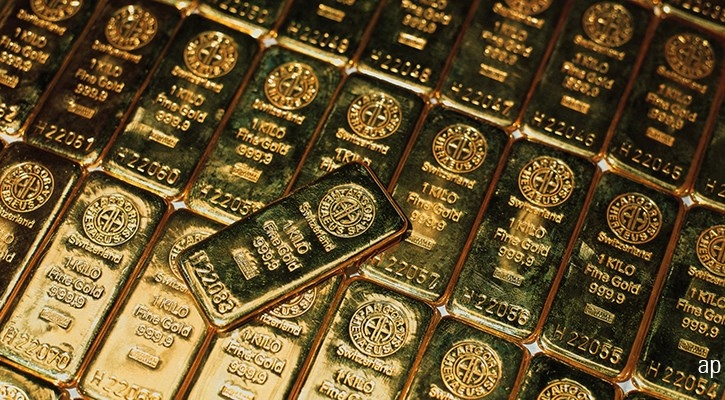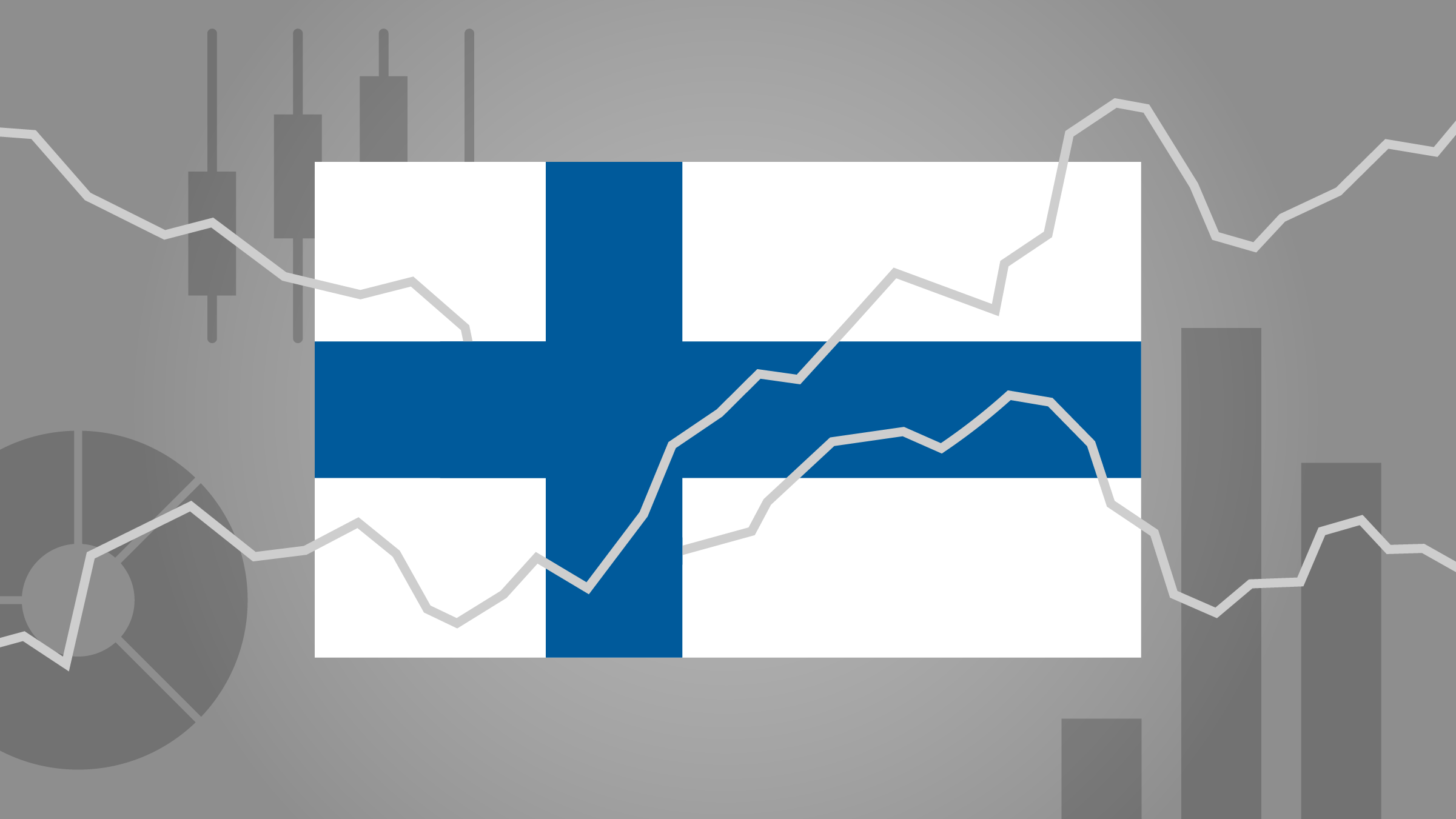Morningstarin etf-rahastojen tutkimusta johtava Ben Johnson haastattelee tällä videolla State Streetin Chris Goolgasiania. Haastateltava vastaa State Streetin rahastojen sijoituksista Pohjois-Amerikassa. Goolgasian muistuttaa, että vaikka kullan hinta on pudonnut Yhdysvaltain keskuspankin elvytyksen väistyessä ja rahaa hävinnyt kultasijoituksista, moni yksityishenkilö ja toisaalta keskuspankki on edelleen ostolaidalla. Hänestä pitäisi ymmärtää, että kullan hinta ei ole vain Yhdysvaltain rahapolitiikan funktio.
Ben Johnson: I'd like to get your take on what is everyone’s either favorite or least favorite real asset, which is gold. You’ve written pretty extensively about gold in your thoughts and your thesis on investing in gold. Given that the gold price has really taken quite a pounding here--recently we’ve seen massive outflows from a lot of gold-holding exchange-traded products--what's going on in the gold markets? Is your long-term thesis still intact?
Chris Goolgasian: Very good question. And it certainly seems like gold is being priced largely off of quantitative easing talk. We think that that’s incorrect. We think that longer term--and you've started to see this even in the last few weeks--that the market narrative around gold is going to move to be a global discussion and not a U.S. monetary discussion. The very short and direct punchline that people say when gold goes down is quantitative easing is going to slow, the dollar is going to strengthen, and gold doesn’t do well in that environment. And that is the narrative that has existed as gold has fallen.
I would point to a different narrative, which is the global money printing today is even greater than it was six months ago, when gold was at a much higher price. And largely that has come out of Japan, but in other pockets of the world, too. And you've actually started to see some narrative of late in which you get these stories of gold has rallied based upon Japan elections. And so wherever the narrative comes from and why the narrative is important, we'll get to that in a second, but it seems like at some point the marketplace is going to recognize that gold is a play on the world’s structural problems. It is not just a play on the dollar and the money printing in the United States.
To bring it to a local level, if you are a citizen in Japan and all the structural changes are announced, all the money printing is announced--it’s unprecedented in terms of the level. The size and the conviction that the government is going to put into this, the day you woke up to that and read about it in the newspaper or watch it on TV, as a Japanese citizen, should that have made you more or less bullish on gold? Probably more bullish on gold because you're probably very concerned that all that activity is going to hurt your local currency, the yen.
People across the world who are going through quantitative-easing-type strategies and seeing their local currency debased are going to take action, and we have seen that. Physical gold demand continues to be strong even while exchange-traded gold has hit some bumps here. You've got the consumption part of the citizenry certainly concerned about this. But you also have central bankers who have to be concerned about their paper currency having enough physical backing that the marketplace is confident in their paper currency, and that is a fair question, as well. And you continue to have oftentimes emerging markets with significant central-bank buying of gold.
You look at the reports of any of the news agencies on, pick a country, "XYZ bought this many tons of gold last month and the next month and the month after that." There are concerns out there at both the political level and the end-citizen level that are disconnected to what the QE policy is in the U.S. and what the dollar strength is that day. These are local issues in a number of different countries. That, I think, is going to be the thesis of gold at the end of the day when we finally see gold reach some bubble-type price, which we don’t think has yet happened. And that may take a significant amount of time to happen. That's not something that is going to happen overnight, but that story hasn’t actually changed and in fact likely has gotten better, not worse, despite the fact that the gold price has come down.
Johnson: To your point, all of that money is still out there.
Goolgasian: Exactly.
Johnson: Chris, thanks so much for joining me today.
Goolgasian: Thank you, Ben. It's pleasure.





















